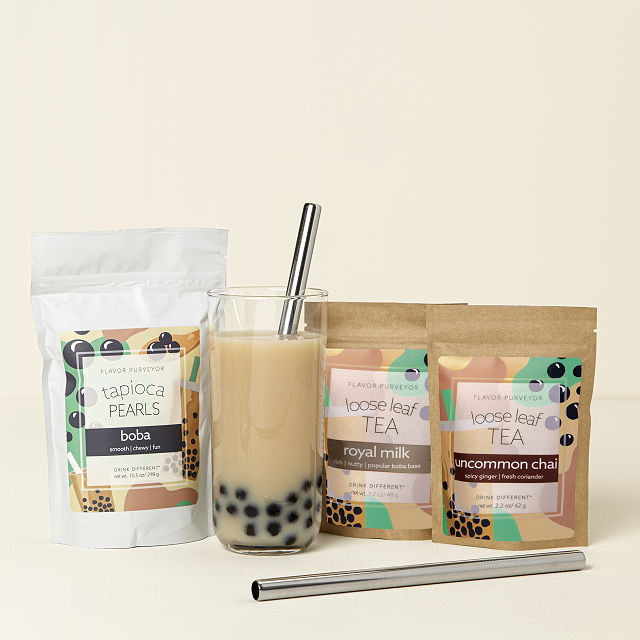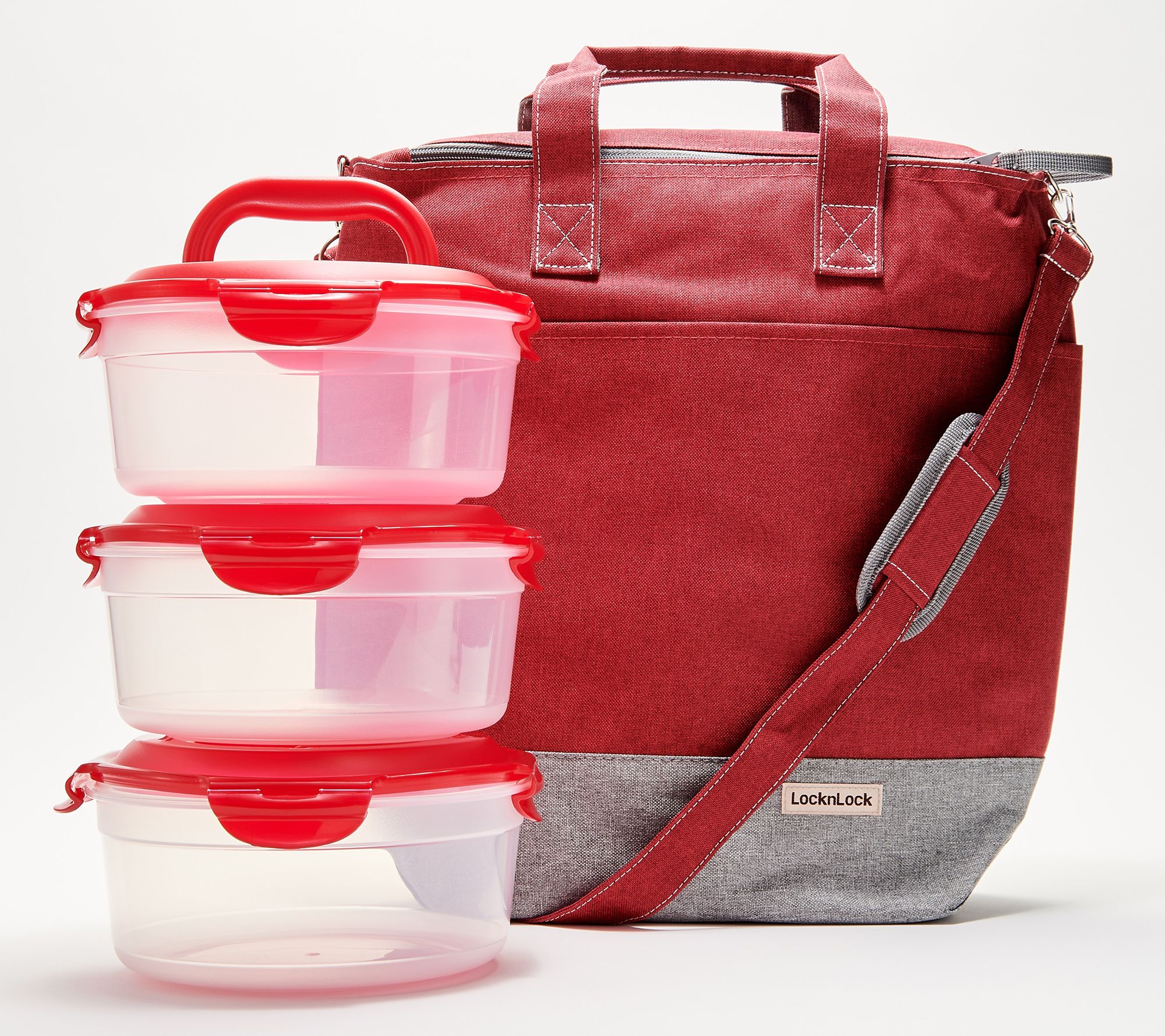Baccarat Granite Grill Pan 28cm | Griddle Pans – House – Australia
Grill your favourite foods to perfection with the Baccarat Granite Grill Pan 28cm. The Baccarat Granite Grill Pan features a natural innovative cooking surface that gives the effect of cooking on hot stone for a unique cooking experience. The Baccarat Granite Grill Pan 28cm is suitable for all cooktops including induction thanks to its Heatflex full induction plate.
Grill your favourite foods to perfection with the Baccarat Granite Grill Pan 28cm. The Baccarat Granite Grill Pan features a natural innovative cooking surface that gives the effect of cooking on hot stone for a unique cooking experience. The Baccarat Granite Grill Pan 28cm is suitable for all cooktops including induction thanks to its Heatflex full induction plate; the grill pan also has an environmentally friendly, PFOA pollution free, non-stick coating. When cooking with the Baccarat Granite Grill Pan, there is no need for oil thanks to its granite non-stick interior coating, meaning fat free, healthy cooking and easy cleaning for your convenience. The Baccarat Granite Grill Pan boasts the hardest scratch resistant surface and its cast aluminium body ensures rapid and even heat distribution which results in quicker cooking times and saving energy and fuel. The Baccarat Granite Grill Pan 28cm is a must have for any health conscious, environmentally friendly, economical cook and you can be assured of the quality as the pan is backed by Baccarat’s lifetime guarantee.
Additional information
| Dimensions | 28cm |
|---|---|
| Product Code | PCP-1022144 |
| Material | Cast Aluminium |






by Ross
Looks good quality and cooks well. Easy clean
by Margaret
Its great.
by Vicki
Perfect non-stick surface, great for grilling steaks and easy to wipe clean!
by Minna
Its exactly what I expected. Gives a bbq effect when used.
by Lucy
Cooks better than the BBQ. Great for meat and vegetables. Gives a fantastic char on any food and cooks evenly.